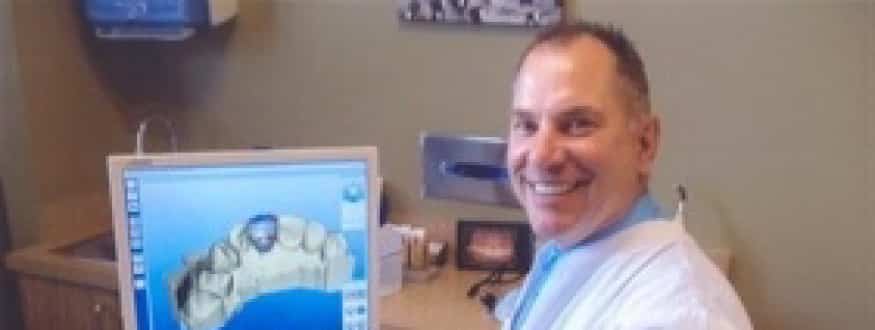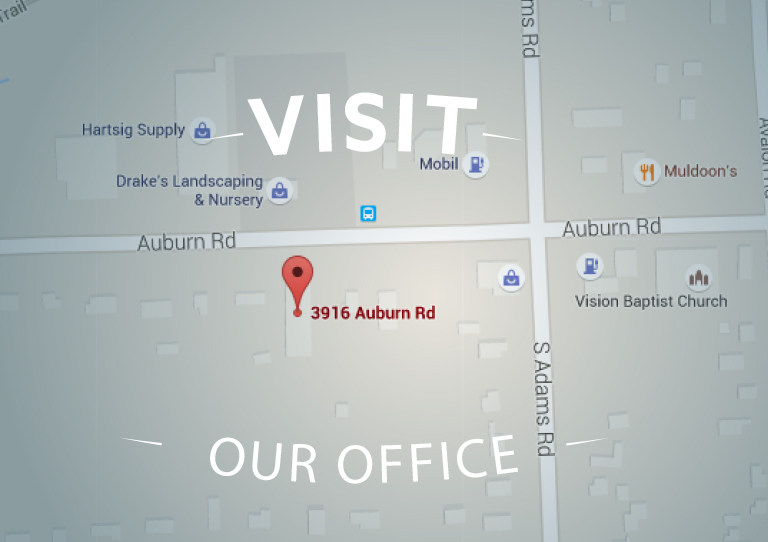 Tooth extraction is generally recommended when a tooth is so damaged that it can’t be restored, or so decayed that it poses a threat to the rest of your oral health. In many cases, extraction is recommended for wisdom teeth that have become impacted and are causing severe discomfort. While the procedure is often necessary, the loss of your tooth may still impact your oral health in several ways if the tooth is not replaced. Therefore, before performing tooth extraction, your dentist will first discuss these issues and your options for replacing your tooth afterward.
Tooth extraction is generally recommended when a tooth is so damaged that it can’t be restored, or so decayed that it poses a threat to the rest of your oral health. In many cases, extraction is recommended for wisdom teeth that have become impacted and are causing severe discomfort. While the procedure is often necessary, the loss of your tooth may still impact your oral health in several ways if the tooth is not replaced. Therefore, before performing tooth extraction, your dentist will first discuss these issues and your options for replacing your tooth afterward.
The Consequences of a Missing Tooth
When you lose a tooth, or have it extracted, the rest of your teeth will have to take up the slack when you bite and chew. This can force teeth to shift out of alignment, worsening your bite’s imbalance and leading to increased risks of dental health issues. The good news is that, for patients who require tooth extraction, there are also several options for replacing an extracted tooth to minimize its long-term impact on your oral health.
How to Recover from Tooth Extraction
The empty space in your smile is one cause for the consequences of tooth loss. Another is the loss of your tooth’s root, which is meant to support your tooth as well as stimulate your jawbone. If you qualify, your dentist may suggest replacing your extracted tooth with a dental implant and crown, which replaces the root of your lost tooth as well as its visible portion.
Ask Your Dentist About Tooth Extraction
If your tooth needs to be extracted, then speak with your dentists about the effects it can have on your oral health, and how to address them. To learn more, schedule an appointment or initial consultation by calling Advanced Dental Concepts in Auburn Hills, MI today at (248) 852-1820.



